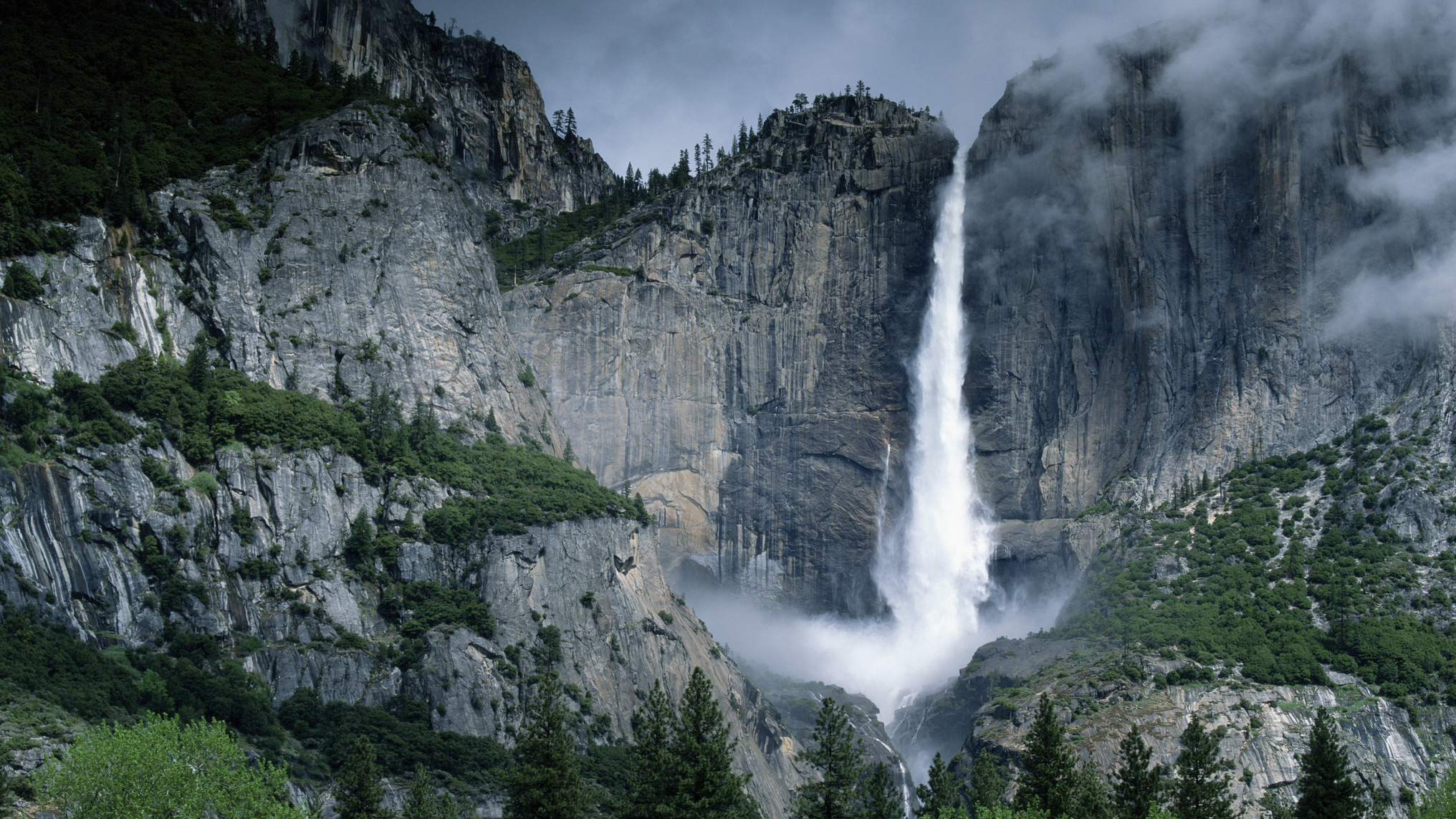What is wild camping? Enjoy the outdoors in solitude
What is wild camping? Wild camping is the UK term for camping outside of designated campgrounds and allows you to experience tranquility in nature with a few simple rules
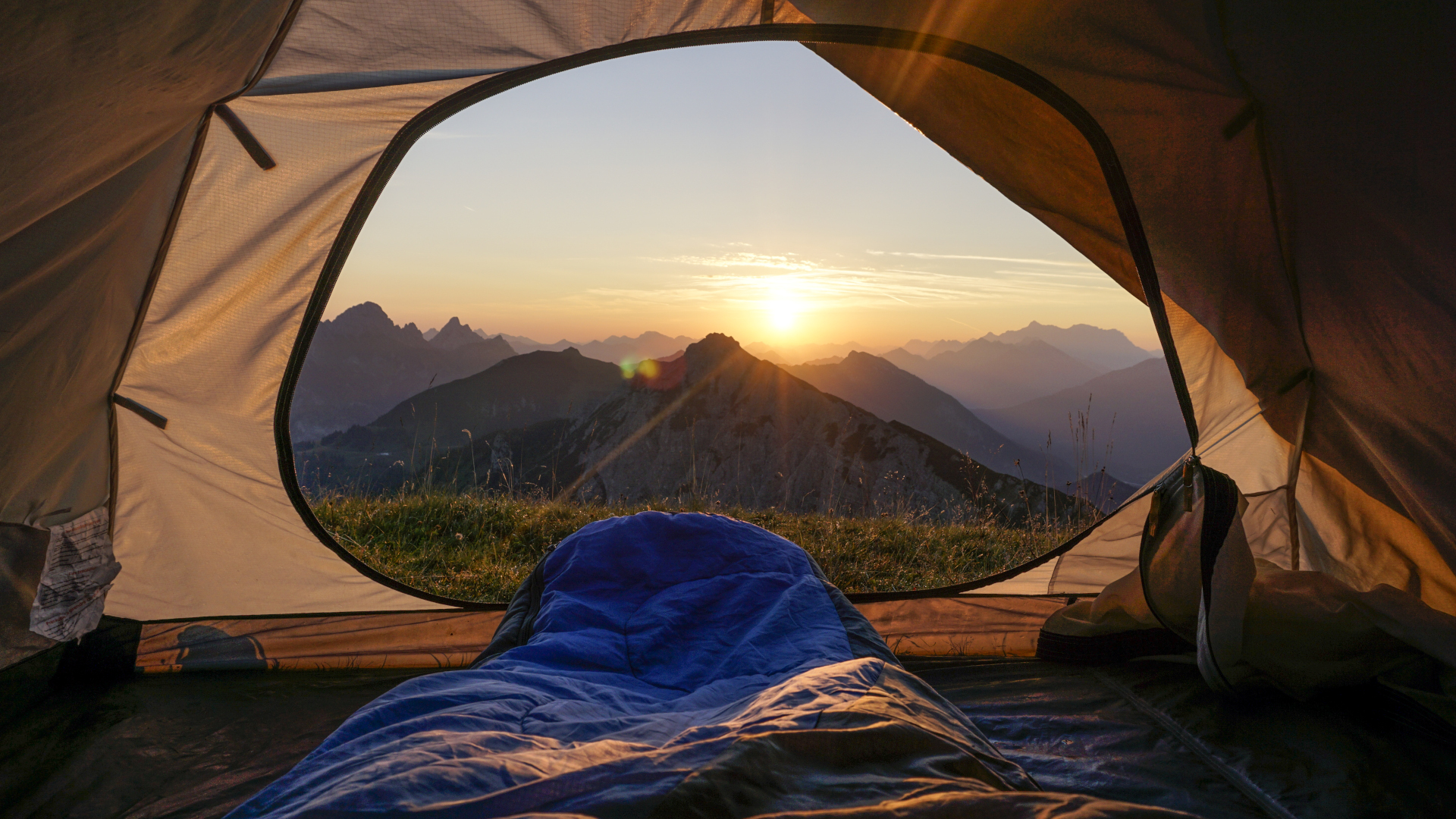
What is wild camping? Wild camping is a backpacker’s paradise – hiking in to some untouched wilderness, pitching your tent by a tranquil lake and crawling into your best sleeping bag to be lulled to sleep by the sound of silence. But wait, isn’t that all camping? Well, not if you’re in a busy campsite where families in caravans have brought portable televisions for entertainment and you can barely see the stars for the glare of other people’s best camping lanterns.
To ensure you get the peace and quiet you’re seeking from your time in the wild, you’ll want to go wild camping. In this article, we explain what wild camping is, why it’s so great and how to do it legally.
What’s the difference between camping and wild camping?
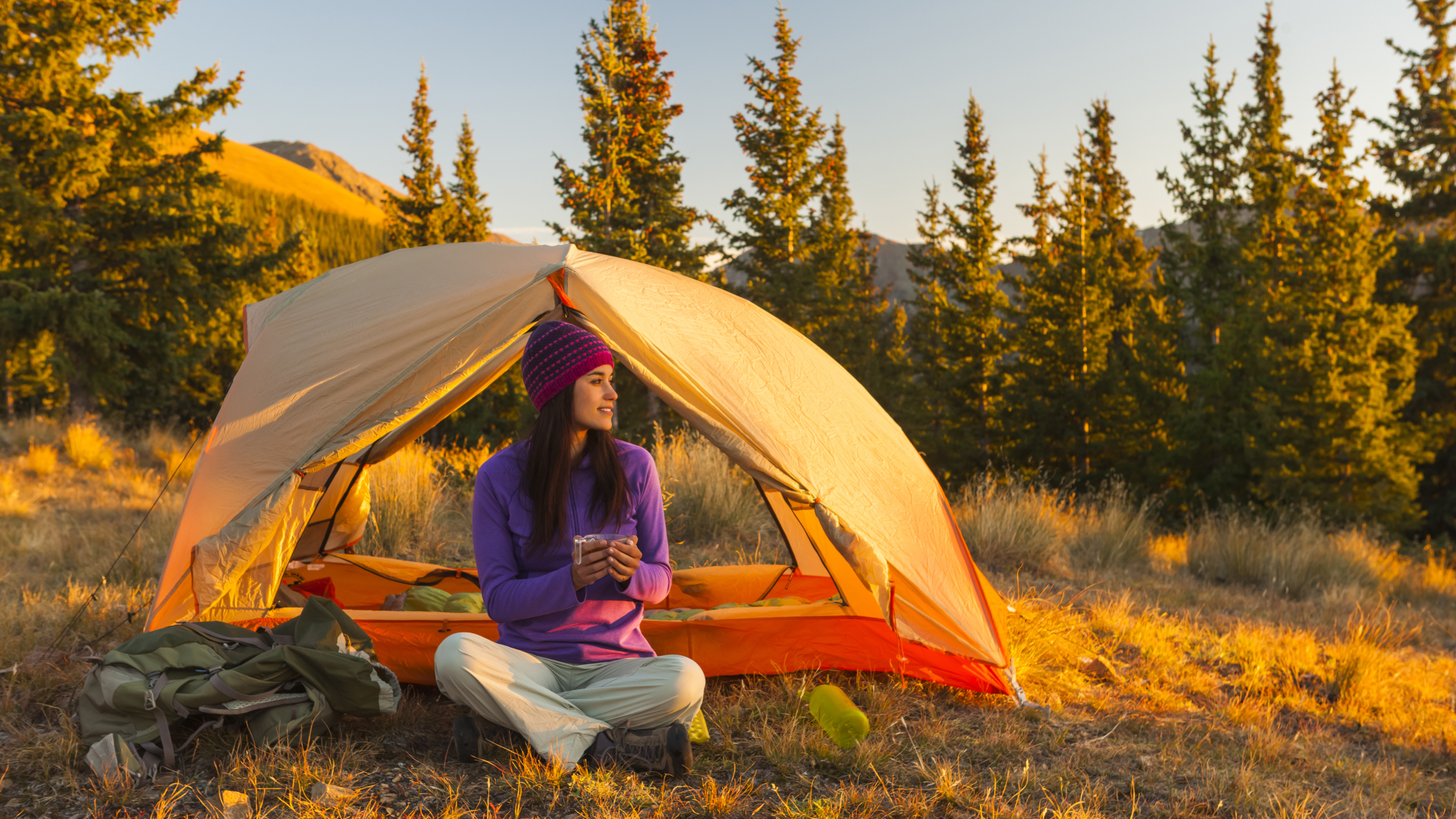
In the UK, there are basically two types of camping: camping, which happens in a designated campground, caravan site or at a festival, and wild camping, which happens pretty much anywhere else.
Both have their advantages and disadvantages. Camping often means conveniences like toilets and running water, but comes with a fee and, usually, other people. Wild camping is free and allows you to experience solitude in the great outdoors, but may require more effort to get to and won’t come with any modern conveniences that you don’t bring with you.
If what you’re seeking is a true retreat from the electrical hum of modern life, needless to say that wild camping should be your game. But naturally, you also can’t just throw a tent down anywhere and there are some things you need to know in advance to make sure you’re legally protected and not infringing on other people’s private property or obstructing other activities.
Is wild camping legal in the UK?
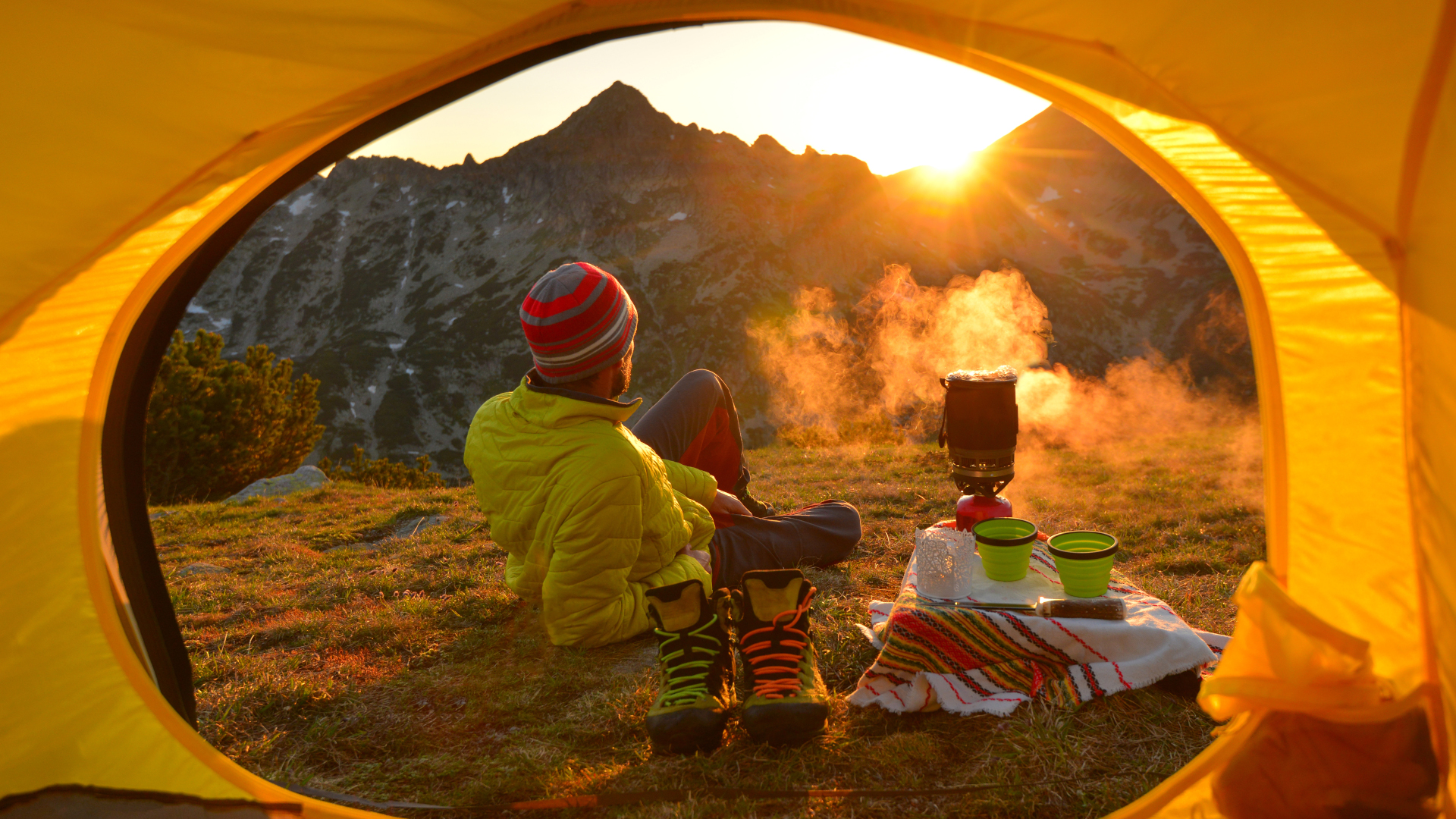
The question of whether or not wild camping is legal in the UK depends on where you are. In Scotland, wild camping is effectively allowed anywhere thanks to the Land Reform (Scotland) Act of 2003 which establishes public rights of access to land, meaning that you can camp anywhere on unenclosed land, including mountains, forests, beaches and most of Scotland's National Parks. That said, some areas – such as Loch Lomond – do require permits now, so you should still check before you go.
In England, Wales and Northern Ireland, however, it’s a different story. Wild camping in these countries is generally illegal, since almost all land is private property, so unless you have express permission from the landowner, you cannot go wild camping legally in England, Wales or Northern Ireland. Even so, there are many landowners who will grant permission, so don’t be discouraged, just make sure you obtain it before pitching your tent, otherwise you’re technically trespassing which could lead to fines if you refuse to move on when asked.
Advnture Newsletter
All the latest inspiration, tips and guides to help you plan your next Advnture!
Take a look at our list of the best wild camping spots in the UK to get inspired.
Is wild camping legal in the US?
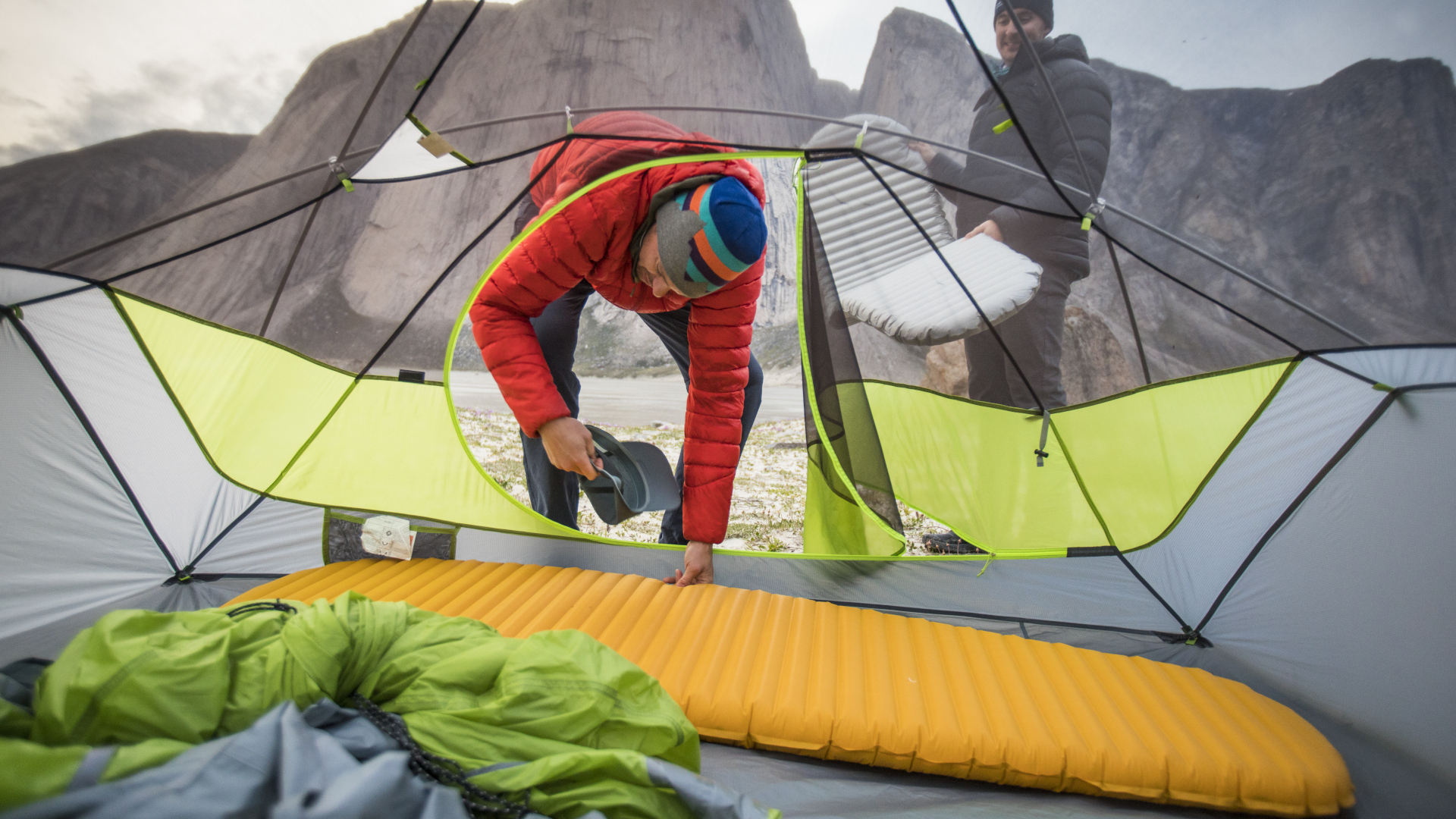
In the US, you have it pretty good in the form of some 245 million acres of public land managed by the Bureau of Land Management including wilderness areas, historic trails and landmarks, almost all of which is available for free primitive camping. Read our article Camping on BLM land to learn how to do it.
Wild camping in Scotland: what does it entail?
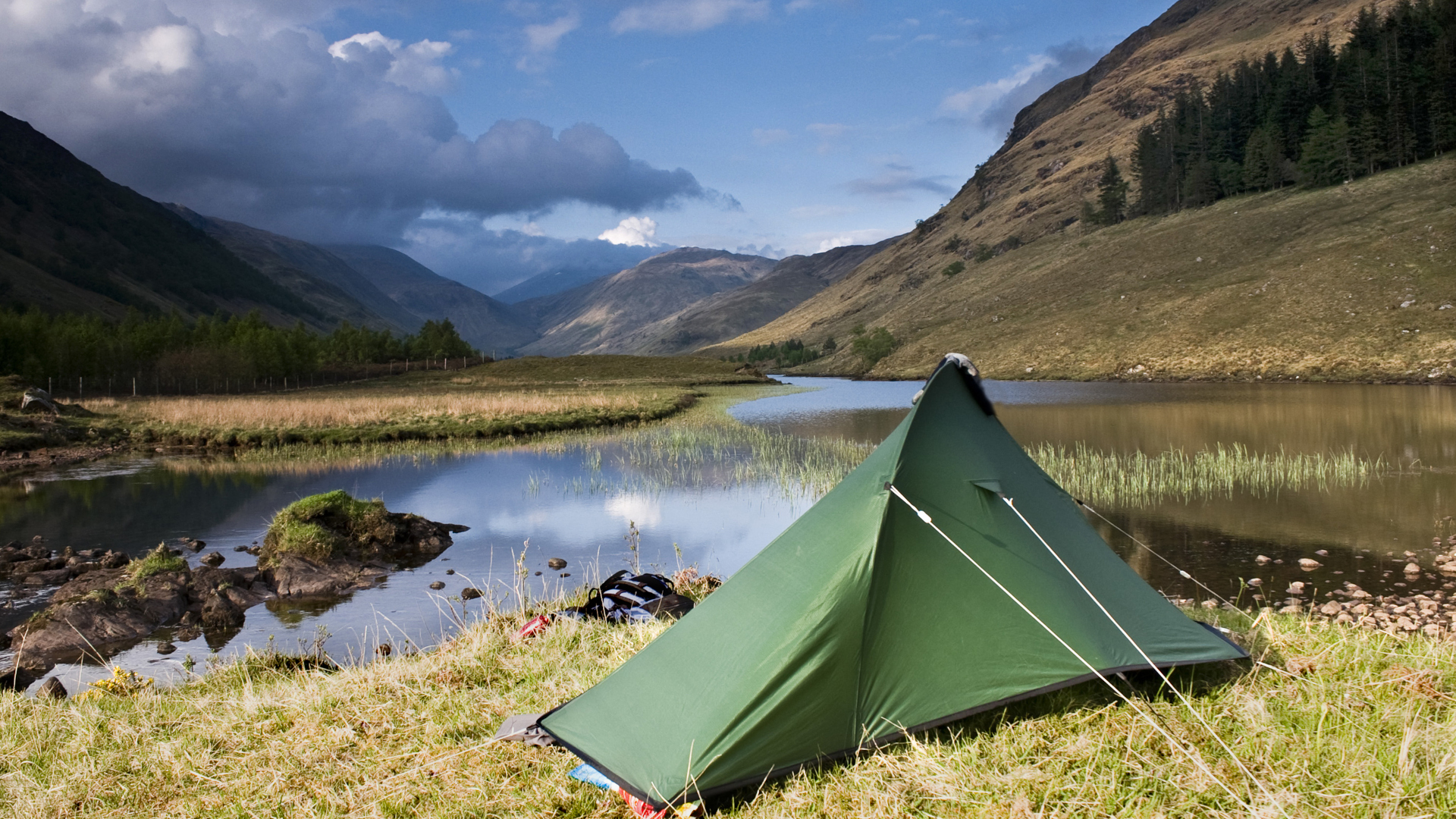
When you go wild camping in Scotland, you’ll need to bring everything you require for eating, sleeping and going to the bathroom – take a look at our camping checklist for starters. Once you arrive, you should adhere to the Scottish Outdoor Access Code, which offers the following guidance:
- Camping should be lightweight – bring a small tent and leave the pop ups and caravans at home
- Camp in small numbers
- Camp for no more than three consecutive nights
- Use common sense and don’t pitch up close to someone’s house
- Practise the principles of Leave No Trace and clean up after yourself
- Don’t light open fires; instead, bring a camping stove or BBQ grill
- Be respectful and courteous to other hikers and landowners.
To sum up, please keep the wilderness wild so we can all continue to enjoy it.
Julia Clarke is a staff writer for Advnture.com and the author of the book Restorative Yoga for Beginners. She loves to explore mountains on foot, bike, skis and belay and then recover on the the yoga mat. Julia graduated with a degree in journalism in 2004 and spent eight years working as a radio presenter in Kansas City, Vermont, Boston and New York City before discovering the joys of the Rocky Mountains. She then detoured west to Colorado and enjoyed 11 years teaching yoga in Vail before returning to her hometown of Glasgow, Scotland in 2020 to focus on family and writing.

